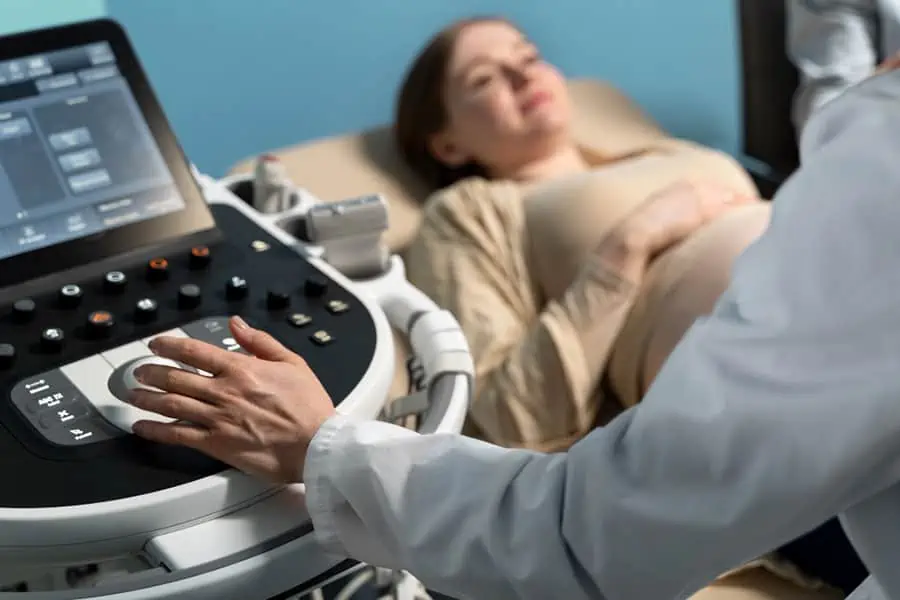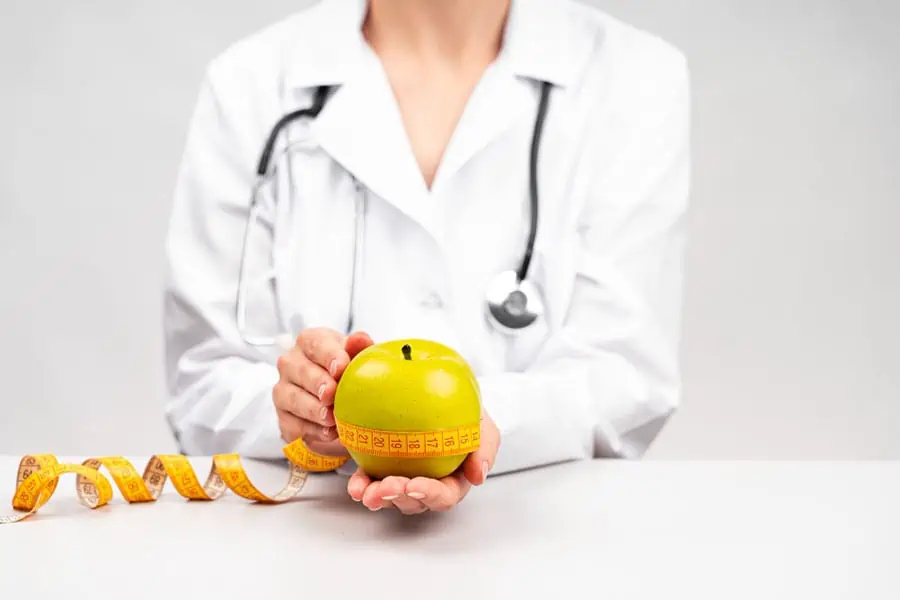Medical Clinic Miami

Gynecological Consultation
You will receive our best care for all your gynecological needs.

Gynecological Annual Exam
During your exam, you will be screened for potential gynecologic health problems.

Well Woman Annual Exam
Receive essential examinations and have an opportunity to discuss reproductive health with your gynecologist.

Annual Exam Adult
Essential annual checkup and screenings to ensure optimal health.

Bio-identical Therapy
BHRT may help relieve the symptoms of hormonal imbalance.

Medical Weight Loss
Medical weight loss empowers you to lose weight without surgery.
